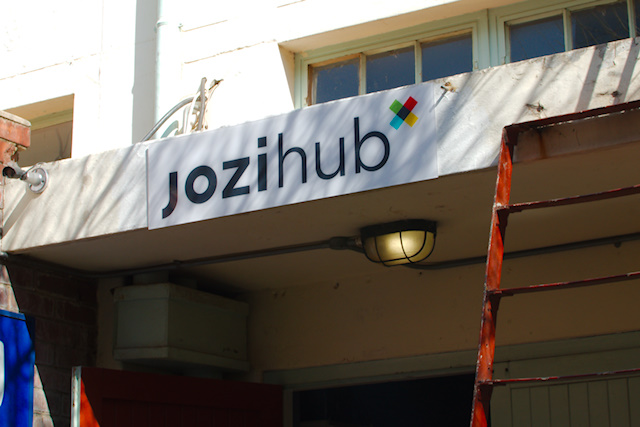Got a great idea for a high-tech startup company? Something software or web-related, maybe? Then you should probably think about going to Startup Weekend Johannesburg, which starts this Friday. According to the organiser and those who went last year, you’ll spend three days picking up advice about everything from getting going to marketing to pitching to potential investors.
Plus, you get to pitch ideas to others, win their approval and possibly even partner up with people who have the skills you need to make your idea happen.
And there’s the rub. No-one can, or should, try to do everything when getting their company off the ground. Learning to develop great software or a thrilling web experience needs more than a WordPress theme and good wishes. But nor should you necessarily let that stop you following up on a strong idea. You may, for example, have an idea for a killer app based on years of experience in a particular field and a strong business head for making money from it in the long run. But how do you get things off the ground if you have no coding background?
I went along to the warm-up for Startup Weekend, Tech Bootcamp, last weekend. The two day event was held at Jozihub and aimed at people facing exactly that dillemma. Speakers from Qualcom, BlackBerry and Startup Cherry were all on hand to help, running sessions from basic principles to how to code an app in an hour. Here’s a few lessons I learned or picked up on as the strongest pieces of advice.
- Think about your app as a user, not a creator. “User stories” are a handy way to think about the way people will approach your work – mapping out the route they will likely take to through menus to what they want, rather than trying to force them in directions that you think are cool.
- There’s a great video by the team that developed the Nordtrom shopping app in the US. They actually worked from an in-store studio for a while so that they could talk to the people that were going to be using the app at the earliest design stages.
- Go ‘ugly early’, aka get something out there and refine it aka – as we like to call it in the writing trade – publish and be damned. In other words, if you’re developing an app, don’t wait until it’s polished, perfected and feature ready before getting it in front of customers. No matter how good you think it is, people will always demand change once it’s live, so make them a part of a continuous development process early on.
- In a similar vein, don’t be afraid to cut corners and do things on the cheap. Buy a second-hand laptop before you blow your savings on the latest Macs. Use The Gimp and Inkscape rather than expensive design applications like Photoshop and Indesign.
- Learn to talk geek. You can’t become a top developer overnight, and if you try you’ll fail. But learning a few programming and UI basics will make it easier to tell those who do it as a day job what you’re aiming for. There are tons of crash courses online from the likes of Codecademy and Coursera that won’t make you fluent in machine code, but will give you the lingo to talk to devs in a way that they won’t think you’re an idiot.
- Don’t wait for investment. Get your rough and ready product out there and see if it’s something people really want before trying to tap rich people for money. Who knows? You may end up going it entirely alone if early releases are successful enough. Failing that, you’ll be taken much more seriously if you already have 100 000 customers willing to use your site or app than it is with a decent presentation and a prayer.
- And go to meet-ups, gatherings, hackdays and events like Startup Weekend (well, they would say that wouldn’t they?) They’re not usually expensive, often free and a great place to share problems and find success stories (after reading htxt.africa, that is).
There are still some tickets left for Startup Weekend, which is happening on the Microsoft campus in Bryanston, Johannesburg from Friday. We have no affiliation with the event and we’re not being paid to support it, but from what I’ve seen so far I reckon it’s worth R300 if you’re looking to get started with starting-up. Plus, you might see htxt.africa writers milling around – feel free to come and chat and tell us what you’re up to – we’re always interested.

